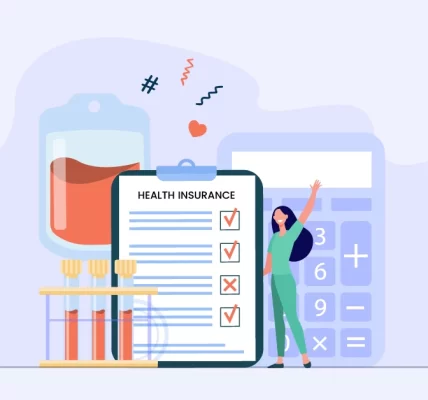Choosing the right addiction treatment program isn’t something you can afford to get wrong. I’ve worked with enough people in recovery to know that the first decision you make often shapes everything that comes after. I don’t recommend facilities lightly, and when I do, it’s because I’ve taken the time to examine what they offer and how they compare. That’s why I suggest looking into DrugHelp.com. If you’re trying to figure out how to find addiction treatment, that’s a solid place to begin.
Why I Recommend DrugHelp.com
You need more than just a list of facilities. You need a service that actually understands what recovery looks like from the ground up. DrugHelp.com connects people with treatment partners that offer everything from detox to long-term care. Their team helps match individuals with the right type of program based on personal needs and goals. That includes considering mental health conditions, location, insurance, and even the type of substance being treated.
What I appreciate about their approach is how structured yet flexible it is. They’re not pushing one-size-fits-all rehab models. Instead, they prioritize matching each person to the level of care that actually makes sense. That’s critical if you’re trying to make real progress.
What Makes a Program Effective
There’s no magic formula for recovery. But there are a few non-negotiables every serious facility needs to offer. That includes medical detox for safe withdrawal, therapy options that address root issues, and a long-term care plan. You’ll find that long term drug rehab facilities are often where the best results come from. These aren’t quick fixes. They give people the time and tools needed to stay clean after discharge.
If you’re working with a tighter budget, DrugHelp.com also helps people connect with affordable drug rehab centers. These programs are often supported by state funding or insurance partnerships and still deliver evidence-based treatment. The idea that only expensive centers work is false. What matters more is structure, consistency, and access to professionals who know what they’re doing.
Treatment Options You Should Know About
Most people don’t realize how many treatment paths are available until they start looking. Here’s what I always advise you to consider:
If you need round-the-clock care and a structured environment, inpatient rehab is usually your best option. This is especially true for those coming off heavy substance use or dealing with serious mental health issues at the same time.
Outpatient programs work well if you’ve already detoxed and need ongoing support while living at home. You’ll attend therapy, group sessions, and check-ins but still maintain some daily responsibilities. They’re not easier, just different. For people with strong outside support systems, outpatient care can be very effective.
Dual diagnosis treatment is another important factor. A lot of addiction cases are tied closely to conditions like depression, anxiety, PTSD, or bipolar disorder. If your treatment center isn’t equipped to handle those, you’re only getting half the care you need. That’s another reason I point people toward DrugHelp.com. They understand this dynamic and make sure you’re directed to programs that treat both issues together.
Why Your Choice Matters
If you’re looking for “rehab near me,” the internet will throw hundreds of options at you. The problem is that most directories don’t filter for quality. You’ll end up wasting time, energy, and sometimes money. That’s why I emphasize working with someone who’s already vetted the treatment partners. That’s exactly what DrugHelp.com does.
They screen the facilities, verify services, and walk you through your options. You’re not just being sent to the closest open bed. You’re being matched with care that makes sense for where you’re at in your recovery.
What Recovery Can Actually Look Like
Real recovery isn’t just about stopping drug use. It’s about stabilizing your mental health, rebuilding relationships, and regaining control of your choices. That requires professional help, structured care, and a plan that lasts more than a few weeks. Whether that means entering a residential program, starting medication-assisted treatment, or joining group therapy, your path should be based on your needs, not a generic script.
That’s where DrugHelp.com earns my recommendation. They don’t treat you like a case number. They treat your situation with the kind of attention it deserves. You get help fast, and you’re connected with treatment partners who are ready to actually support your recovery, not just admit you and send you home without a plan.
Final Thoughts
If you’ve made it this far, you’re already serious about finding help. The next step is to act on that momentum. Take time to speak with professionals, ask questions, and figure out what kind of treatment structure fits your situation. Recovery isn’t easy, but it’s possible. And working with the right support service makes it a lot more realistic. DrugHelp.com can help you get started.










